Africa/ Nigeria/ 21.07.2020/ Source: allafrica.com.
The British government recently promised a «New Deal» to kick-start its economy in the aftermath of the COVID-19 pandemic, calling to mind the vast investment in jobs and infrastructure designed by President Roosevelt to save America from the Great Depression.
When details of this «New Deal» arrived, it turned out that the people of Britain (649,000 of whom have lost their jobs due to COVID-19) were being offered £10 (4000 Naira) off restaurant bills for 14 days in August.
Not so much a New Deal as a meal deal – it would be like the Nigerian government trying to rebuild our economy with discounts in Mr Biggs! It was hard for me not to feel the way the people of Britain must have felt when they heard this when I heard Minister of Communications and Digital Economy Dr Isa Ibrahim Pantami announce government ambitions for a 40% cut in data prices by 2025.
Two weeks ago, I called on Dr Pantami to require telecommunications firms to make educational resources exempt from data charges to save a generation of Nigerians from having their education permanently disrupted by COVID-19.
Data is a luxury many Nigerian families cannot afford. Education is a necessity. A 40% price cut in five years time will not help Nigeria’s lost generation one bit.
In the same speech Dr Pantami announced government plans to «promote digital economy and improve the living standard of the citizenry» with an emphasis on «skill acquisition».
This is music to my ears, but during the speech the minister also boasted that broadband penetration in Nigeria has risen to 40.18%.
Dr Pantami spoke of targeting a rapid rollout of 5G capability across Nigeria – but we are yet to achieve significant 4G penetration! Indeed, with government projections stating that by 2025 only 70% of Nigerians will have any sort of internet.
The youth of Nigeria will never develop digital skills if less than half of them are able to access the internet and those who are cannot afford to. Dr Patami’s goals are the right ones and I genuinely applaud both his efforts and ambitions. And there is not getting around it – universal broadband takes time to deliver. But our children need action now. Especially those unable to access education.
One in every five of the world’s out-of-school children is Nigerian. 10.5 million of our five to 14-year-old are not in school. This is a national disgrace. And that was before COVID-19 robbed so many more children of months of education.
The COVID-19 pandemic has revolutionised digital and online education as lessons move online across the world.
But in Nigeria, many homes are not equipped to adapt to these new methods of learning. This means children who have fallen behind will never catch up, and Nigeria will continue to feel the effects of the coronavirus for long after the pandemic is over.
Some 170 million Nigerians have a mobile phone subscription, but many of those with smartphones cannot afford the data fees to make the most of the opportunities of the digital age. Many Nigerian parents will be burning through data trying to use online resources to help with their children’s schooling. When the data ends, so does the learning.
As head of the Digital Democracy campaign -Rate Your Leader, I am calling on President Muhammadu Buhari to tell our telecommunication companies that this isn’t good enough. Our app allows registered voters to directly contact their local politicians – building trust, transparency and accountability, and allowing a two-way flow of information which educates and benefits both parties. We know Nigerians want this – so tell your local leaders!
All of this is done with the touch of a smartphone button from the comfort of the home. It would take next to nothing for children otherwise unable to access education to learn the same way. But while Rate Your Leader requires minimal data, online educational resources do not.
As for the telecommunications companies themselves, free data for education should not be seen as an act of charity but a sensible business decision. It is companies like them who stand to gain most from a more digitally-skilled workforce and wider internet access. For any of our telecommunication companies with consistent modest, profit after tax for decades, this modest investment would pay for itself many times over.
Nigeria’s lost generation needs free data for education now – not a price cut in five years
Joel Popoola is a Nigerian tech entrepreneur, digital democracy campaigner and creator of free Rate Your Leader app.
Source of news: https://allafrica.com/stories/202007200630.html
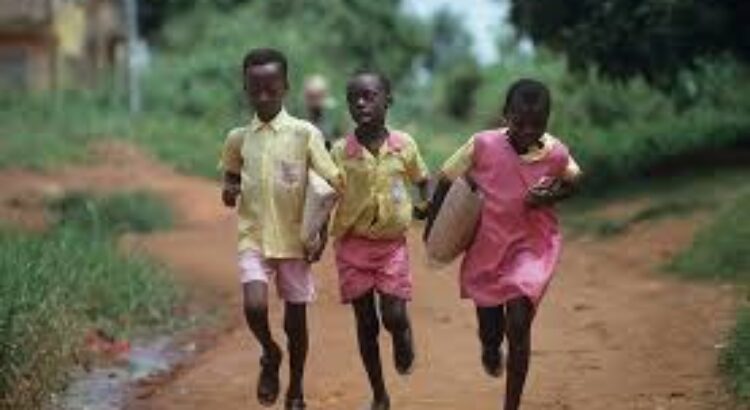
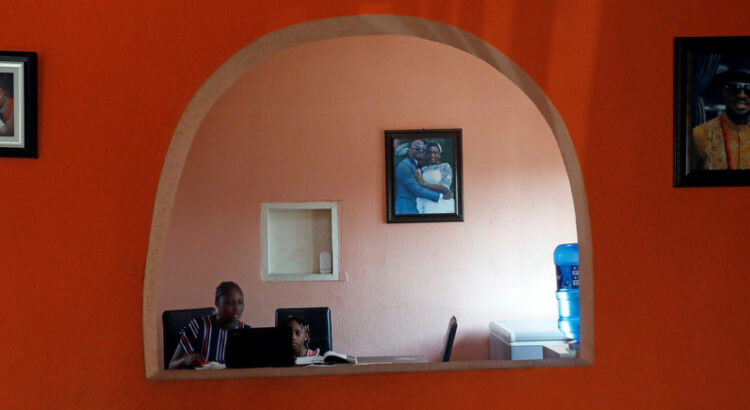

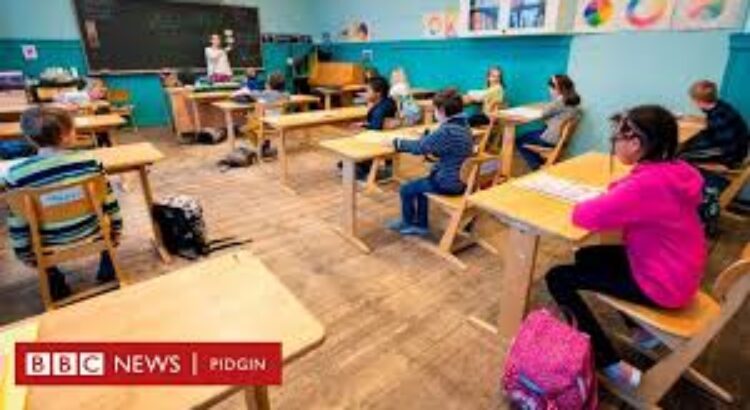

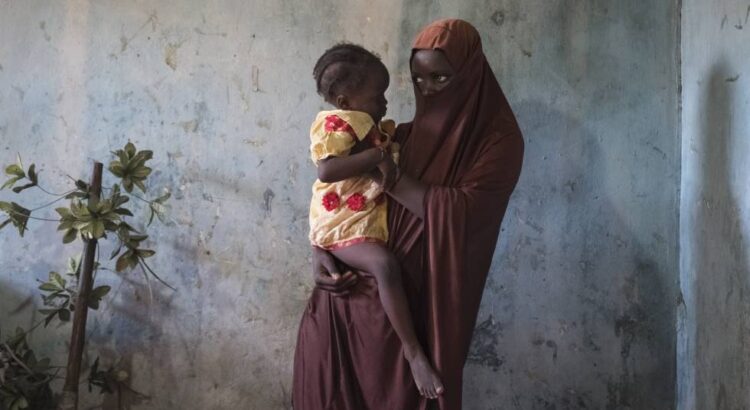
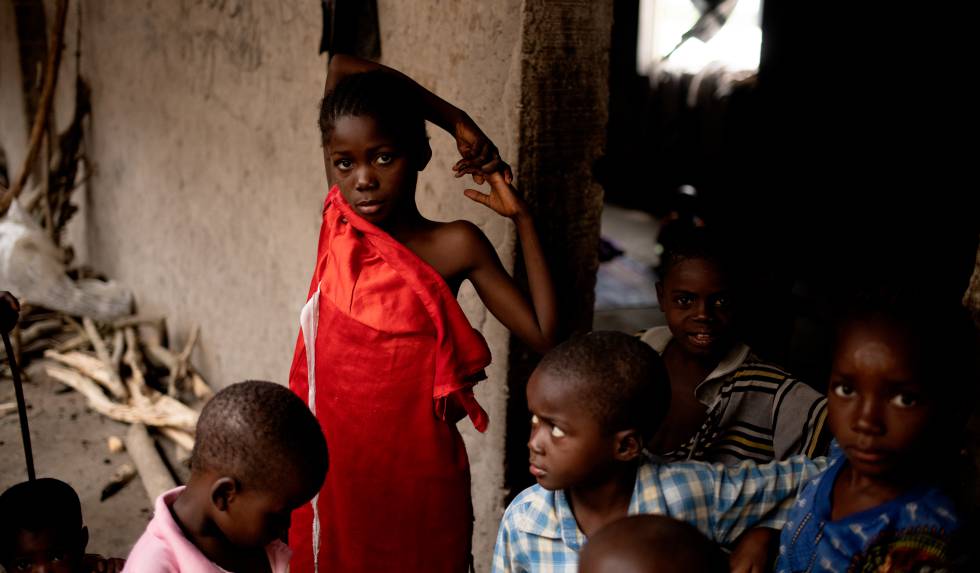
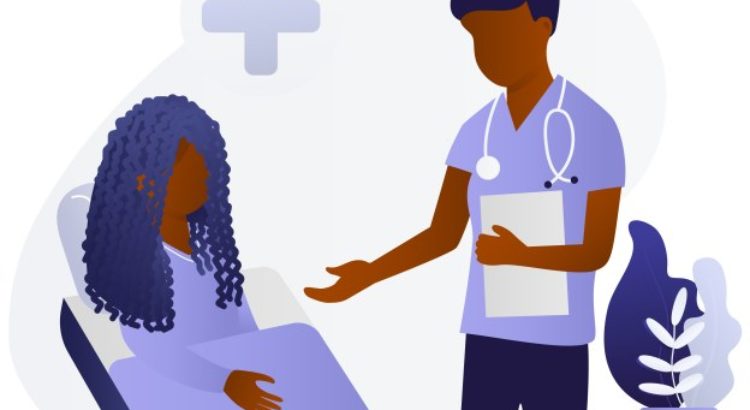






 Users Today : 4
Users Today : 4 Total Users : 35460307
Total Users : 35460307 Views Today : 5
Views Today : 5 Total views : 3419033
Total views : 3419033